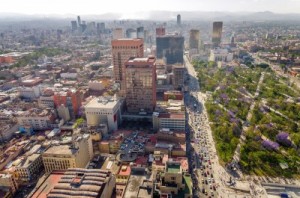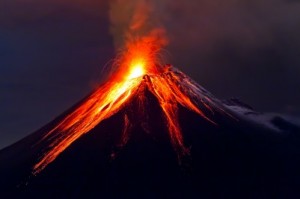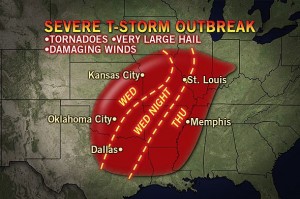An explosive eruption has started at Popocatépetl outside of Mexico City. The volcano spewed ash over several cities in the central Mexico state of Puebla, but prevailing winds carried the volcanic material southeast, away from Mexico City. The 17,886-foot (5,450-meter) volcano periodically emits ash, vapor and sometimes glowing rock, but since April 2102, Popocatépetl has been increasing in activity.
Why Volcanoes Are Good Things
Actually, volcanoes are good things. Volcanoes are a way for the Earth to release internal pressure, and when you think about that – it’s a real good thing. One of the biggest problems that we have with volcanic eruptions today is the fact that we have built big cities – very big cities – like Mexico City – too close to them.
The Earth Is Just Venting
The interior of our Earth is “always on the move” with an admirable effort to prevent a build up of pressure from internal heating. Just like your ears pop when you reach higher elevations, or the shell of an egg cracks when it expands in a pot of boiling water, the cracking of the crust is the Earth’s way of maintaining a pressure balance. Through volcanic vents, the Earth sustains its internal pressure, but when this pressure increases, an uptick in volcanic eruptions always results.
Volcanoes Create Severe Weather
The influx of internal heat from a volcano rises like a silent haze from the Earth’s crust, and this stream of hot air and volcanic ash triggers severe weather. Tornadoes and violent storms typically increase; floods result, tsunamis build, wildfires spread, and sinkholes appear, devouring anything above them.
Axis Shifts Cause Increased Volcanic Activity
The slipping of the Earth’s axis accelerates movement along the edges of the continents, and this creates an increase in volcanic eruptions worldwide. Volcanic eruptions add to global warming, and like metal on metal, strange sounds can be heard coming from the hollows of the Earth.
When the Earth’s axis is unstable, pure energy ricochets from the equator to the poles, and this sets off a planetary rocking motion, which, in turn, amplifies tsunamis, earthquakes, wildfires and volcanoes around the globe.
Hum, like what’s happening today.



